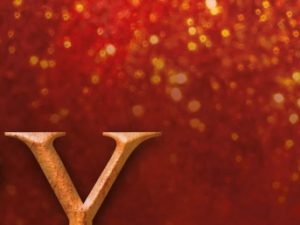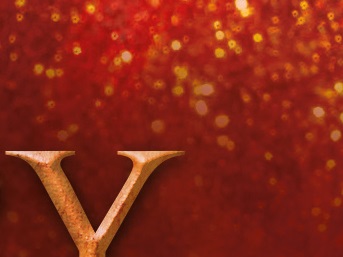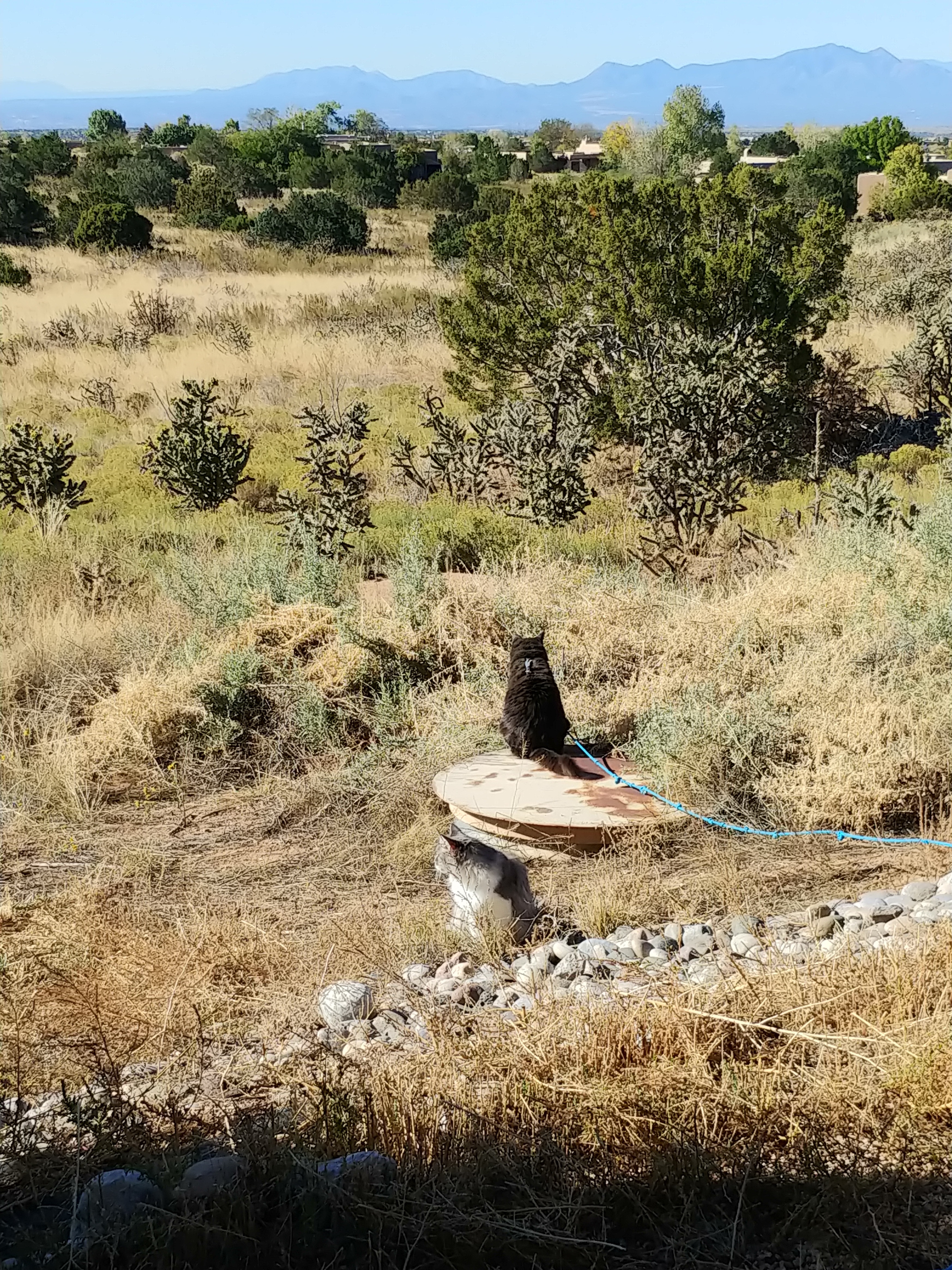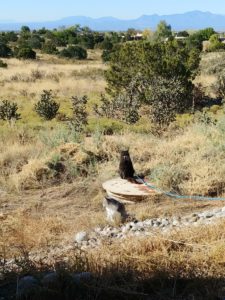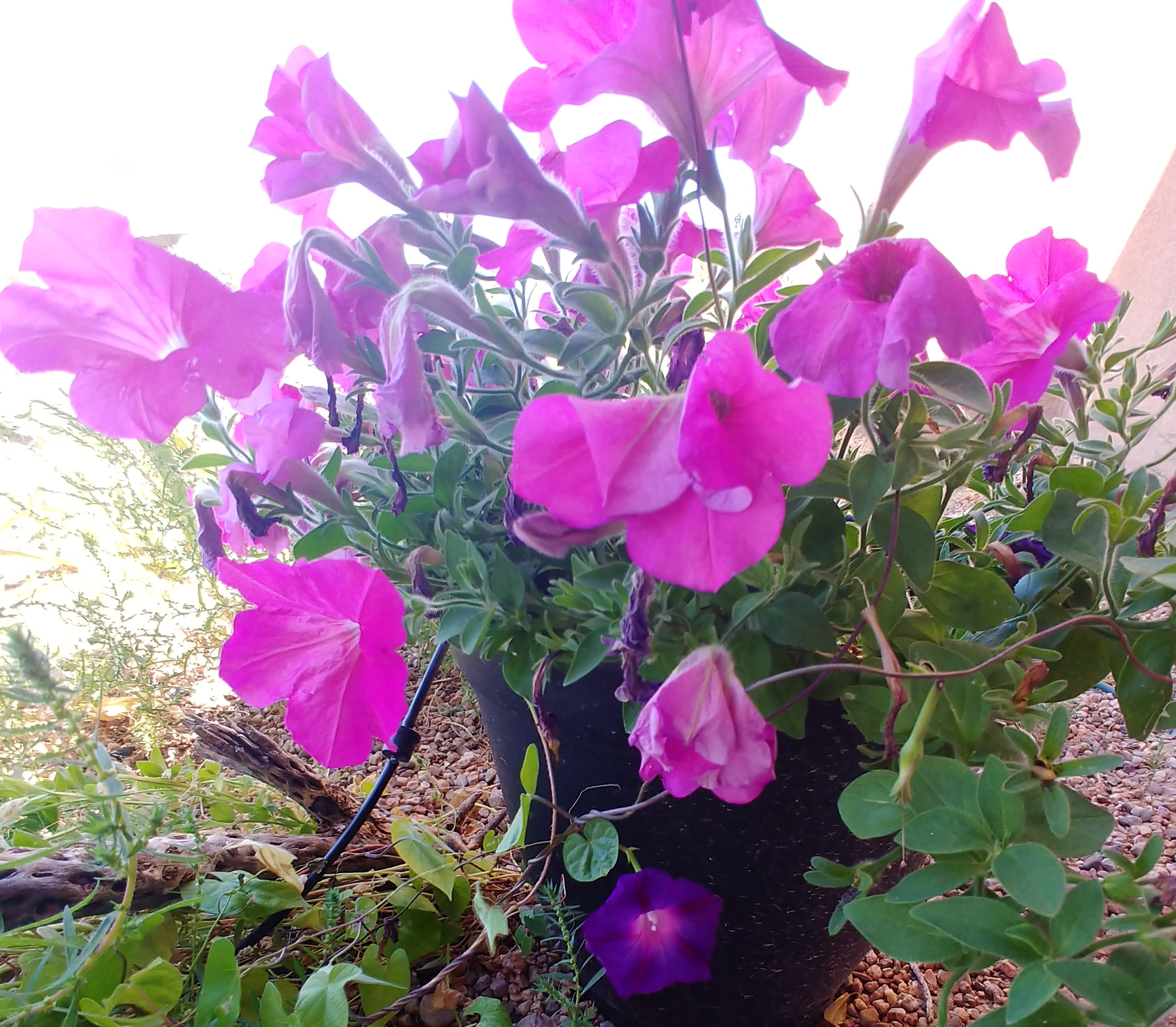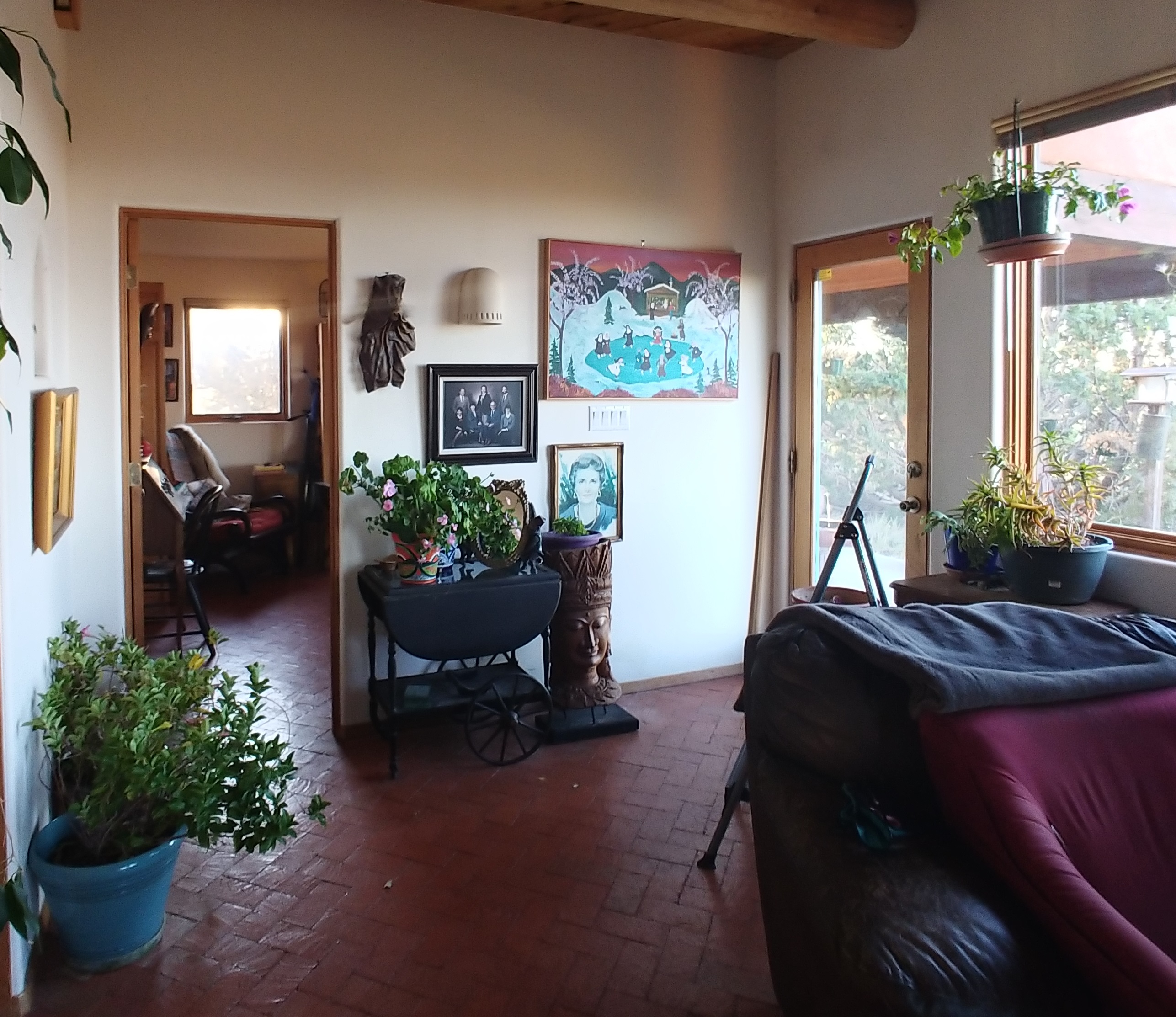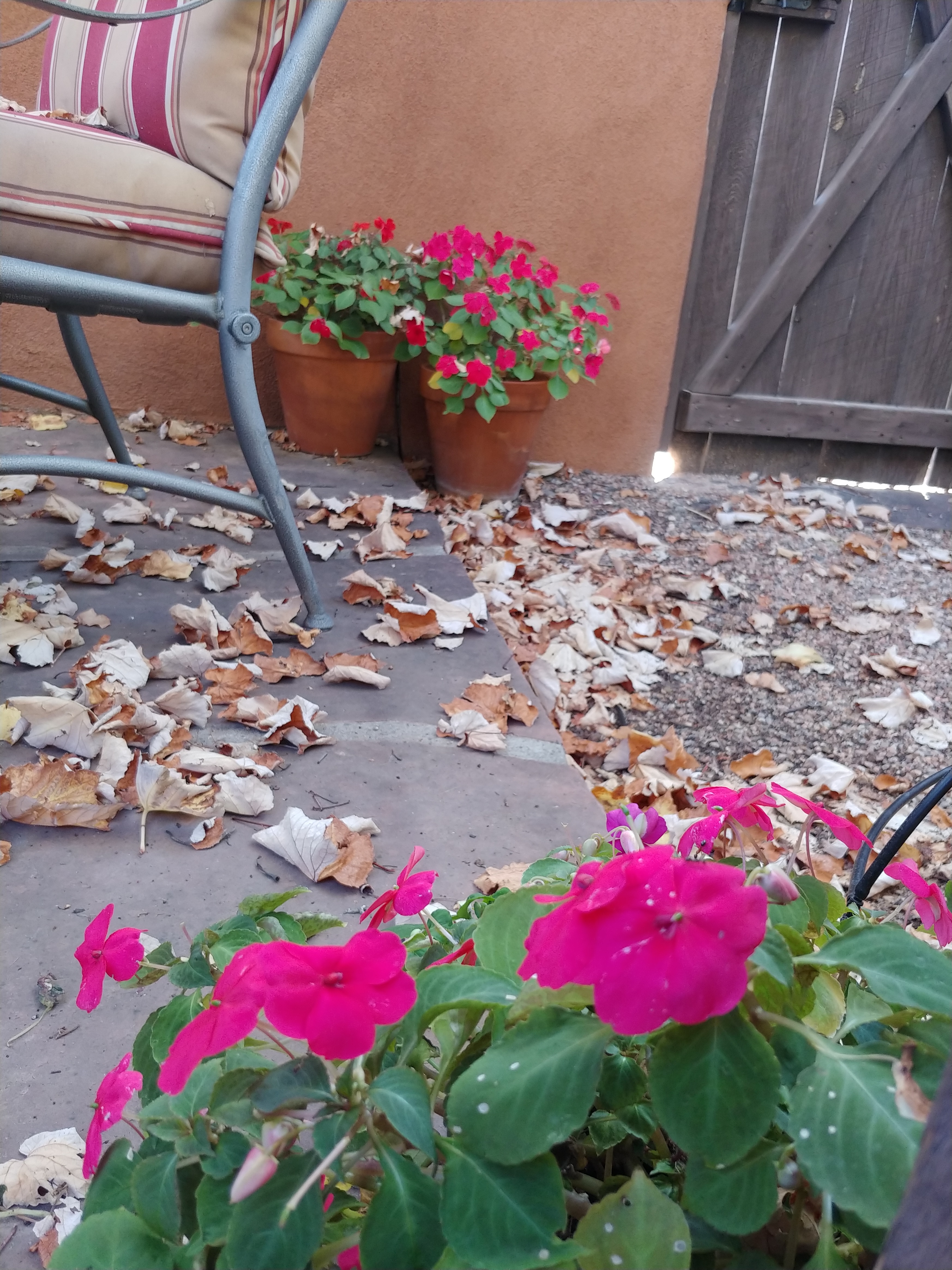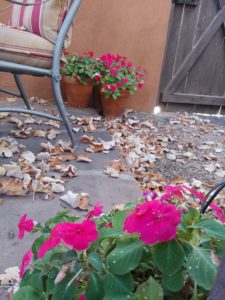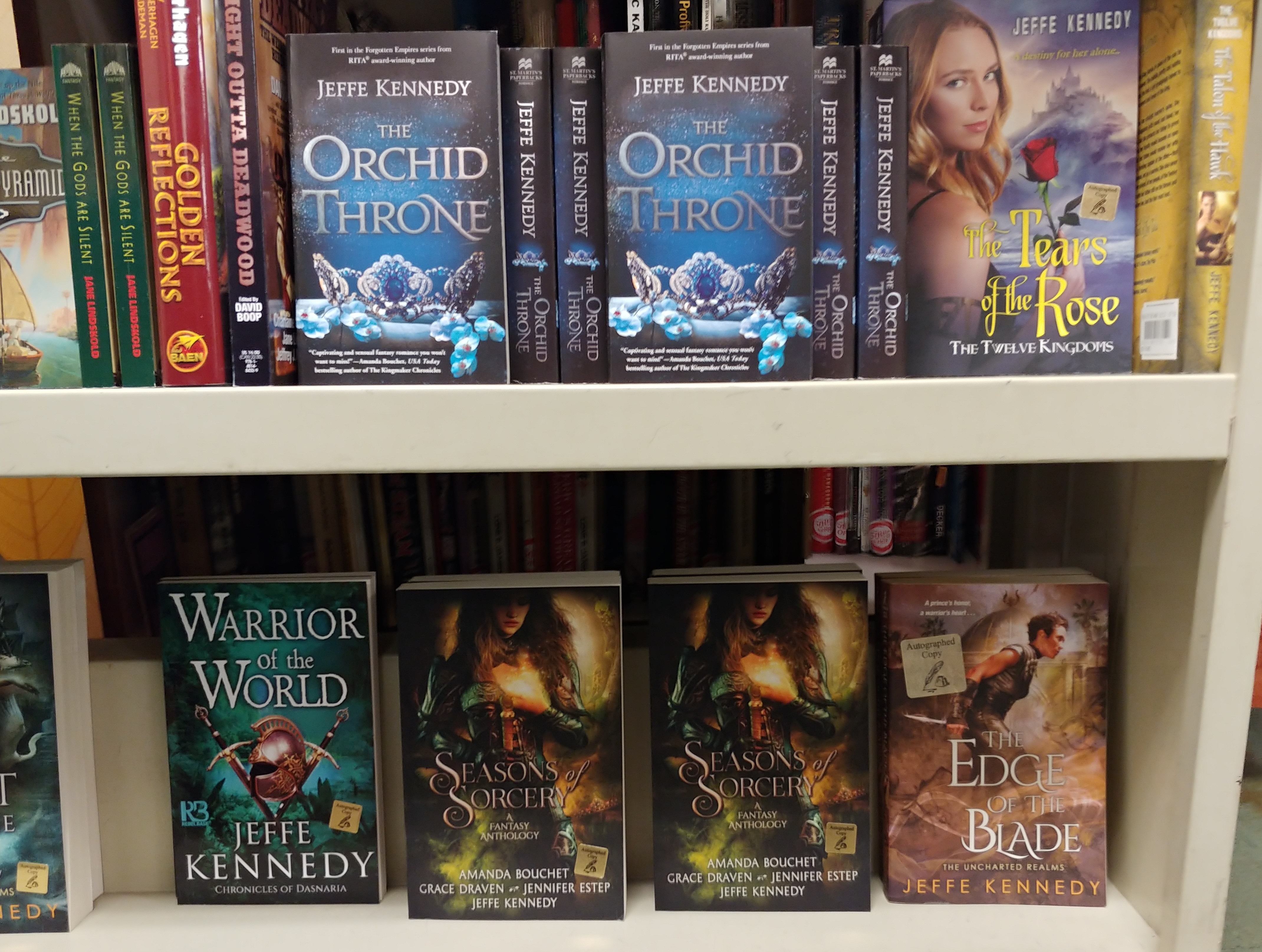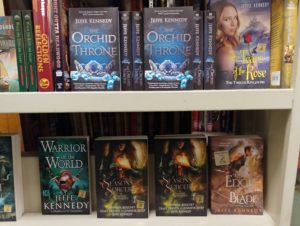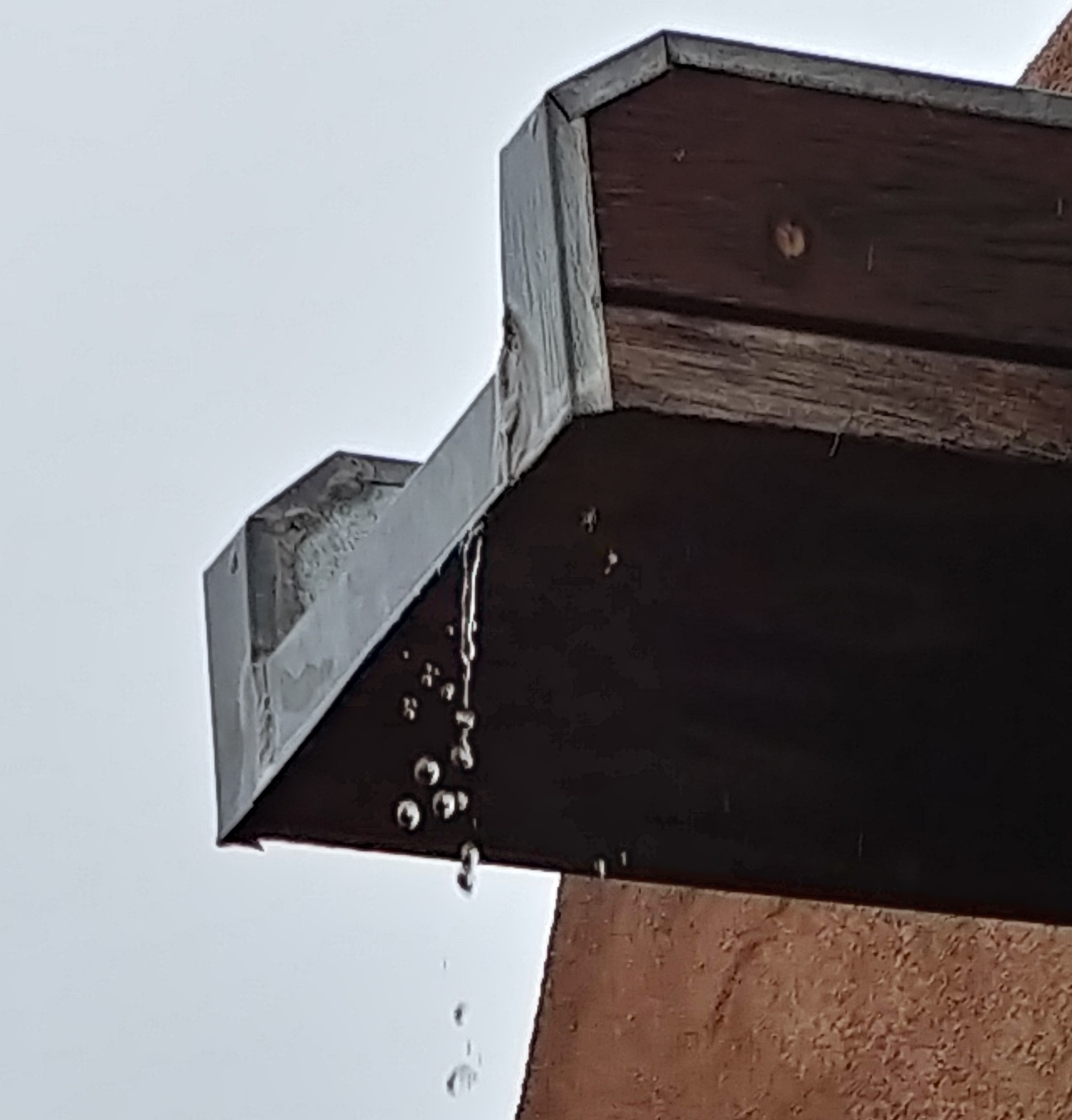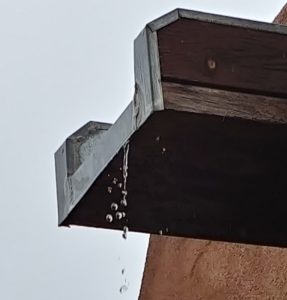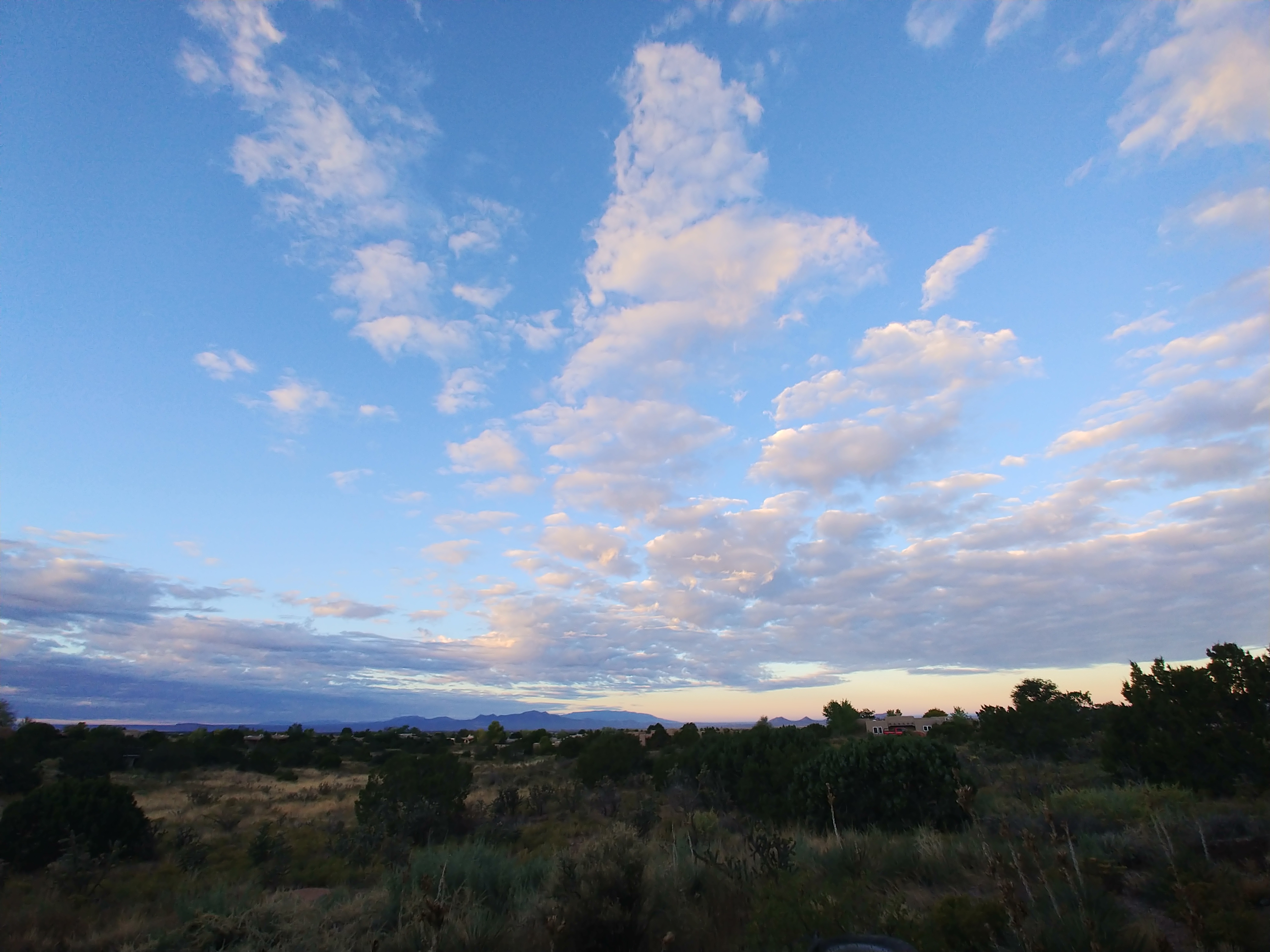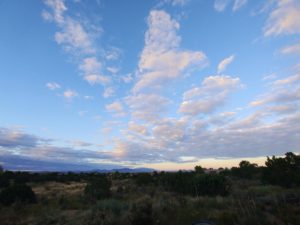
We’re to have a hard freeze Thursday night – our first freezing temps of the autumn – so I’ve started bringing in the house plants from the patio. It’s always a glut of blooms, fallen leaves, and much shuffling of saucers and ideal locations. This, more than anything else, is the first sign of fall for me.
I’ve been working on THE FATE OF THE TALA, and talking a lot about that process on my podcast, First Cup of Coffee. If you want an (almost) daily insight into my process, that’s the place to listen in. As an overview, however, I’ve been talking about beginnings and how to decide where to start a story. This isn’t an easy decision or process. For example, I’m on my fourth opening in FATE – and I think this one will stick. It takes a lot of trial and error to find where the story truly begins, and what counts as preceding events that will be woven in as backstory.
The thing is, newer writers don’t always realize how much effort goes into finding this sweet spot, because we mostly see only the finished product.
I realized this truth (yet again) the other day when I was helping a friend – a not-yet-published writer – with her book. The beginning simply wasn’t working, for a number of reasons. I gave her some specific advice to improve beginnings in general. (In particular, I pointed her to this Twitter thread by Mary Robinette Kowal that really lit me up – all stuff I knew, but framed in a way that I found super helpful.) I also pointed her to a book opening in the same genre by another author friend, pointing out how that person set up the character, world and genre.
The aspiring author came back with a mix of admiration, envy, and despair – agreeing that the (very accomplished) author’s opening was amazing. And I realized that I need to clarify that this amazing and gorgeously executed beginning was the result of easily six months of effort on the professional author’s part. Not only has she published many novels in the genre, but I happened to know she’d torn apart this beginning multiple times. Eventually she started with an entirely different POV character, which is when the story began to sing.
So, it’s important to remember, when looking at examples to follow, that published work has been through countless rounds of revision, editing, and more revisions. Finding the best place to start a story, and writing it well, is possible – but it also takes time, effort, and patient revision.
